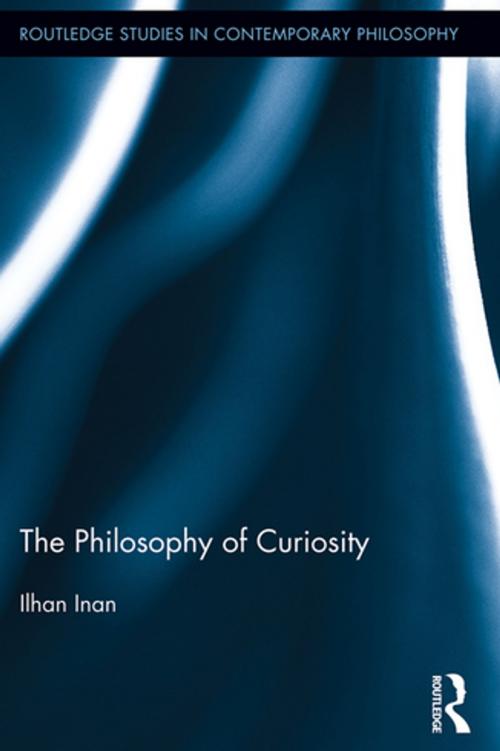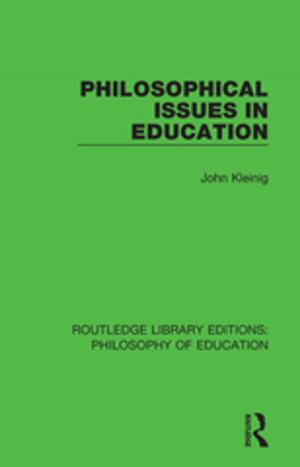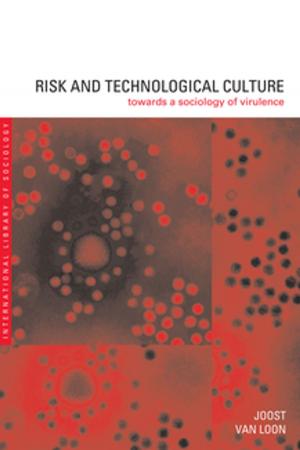The Philosophy of Curiosity
Nonfiction, Religion & Spirituality, Philosophy, Epistemology, Metaphysics| Author: | Ilhan Inan | ISBN: | 9781136471391 |
| Publisher: | Taylor and Francis | Publication: | March 1, 2013 |
| Imprint: | Routledge | Language: | English |
| Author: | Ilhan Inan |
| ISBN: | 9781136471391 |
| Publisher: | Taylor and Francis |
| Publication: | March 1, 2013 |
| Imprint: | Routledge |
| Language: | English |
In this book, Ilhan Inan questions the classical definition of curiosity as a desire to know. Working in an area where epistemology and philosophy of language overlap, Inan forges a link between our ability to become aware of our ignorance and our linguistic aptitude to construct terms referring to things unknown.
The book introduces the notion of inostensible reference (or reference to the unknown). Ilhan connects this notion to related concepts in philosophy of language: knowledge by acquaintance and knowledge by description; the referential and the attributive uses of definite descriptions; the de re/de dicto distinction; and Kripke’s distinction between rigid and accidental designators.
Continuing with a discussion of the conditions for curiosity and its satisfaction, Inan argues that the learning process—starting in curiosity and ending in knowledge—is always an effort to transform our inostensible terms into ostensible ones. A contextual account is adopted for the satisfaction of curiosity. It then discusses the conditions of successful reference to the object of curiosity and its presuppositions. The book concludes with a discussion on the limits of curiosity and its satisfaction.
In this book, Ilhan Inan questions the classical definition of curiosity as a desire to know. Working in an area where epistemology and philosophy of language overlap, Inan forges a link between our ability to become aware of our ignorance and our linguistic aptitude to construct terms referring to things unknown.
The book introduces the notion of inostensible reference (or reference to the unknown). Ilhan connects this notion to related concepts in philosophy of language: knowledge by acquaintance and knowledge by description; the referential and the attributive uses of definite descriptions; the de re/de dicto distinction; and Kripke’s distinction between rigid and accidental designators.
Continuing with a discussion of the conditions for curiosity and its satisfaction, Inan argues that the learning process—starting in curiosity and ending in knowledge—is always an effort to transform our inostensible terms into ostensible ones. A contextual account is adopted for the satisfaction of curiosity. It then discusses the conditions of successful reference to the object of curiosity and its presuppositions. The book concludes with a discussion on the limits of curiosity and its satisfaction.















